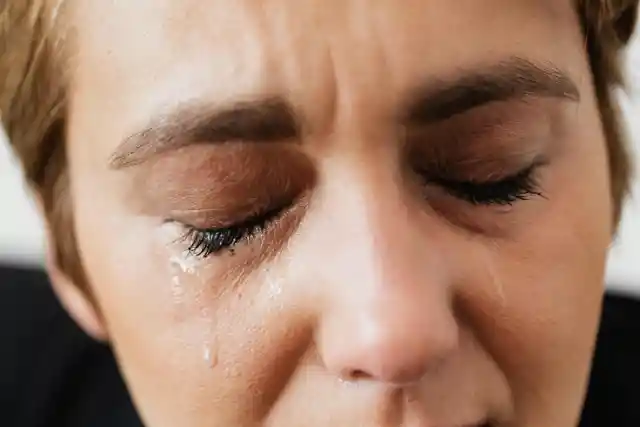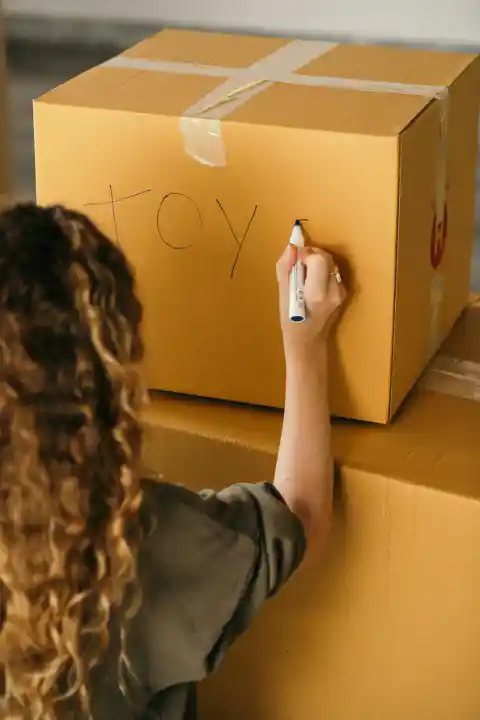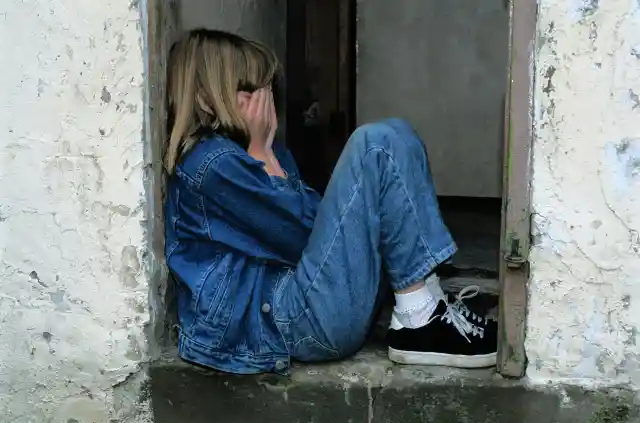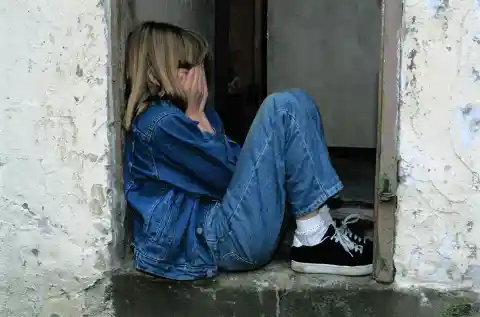We all know that children are fragile, not only physically but mentally as well. This means that when they are exposed to harsh environments and situations, chances are that they are more likely to be traumatised than adults. While you may not know it, as you go about your day-to-day activities as a parent, it is possible to unintentionally traumatise your child without even intending on it. As a result, this may have very drastic repercussions on their mental, emotional, physical and social well-being. You should, therefore, learn about trauma and how you can indirectly influence it on your child so that you can safeguard them better. Here is a list for your consideration.
Parental Stress


If you weren't aware before, children can sense your stress from a mile away, and this can, in turn, cause them to be stressed too. If you are going through a stressful situation, for example, financial problems or problems at work, it is most likely that you are going to show it in one way or another. Your children, who are very observant and are used to your normal behavioural patterns, can, therefore, pinpoint the fact that something may not be right with you. Although they may not know what exactly, they will just be able to tell that there is a shift in your mood. On some occasions, they may even think that they are the reason behind your stress, making them anxious and insecure. Therefore, although you may not know it, being openly stressed can traumatise your children and leave them with emotional dents.
Domestic Conflicts


All children deserve to grow up in a home where their parents are loving, caring and supportive of not only them but of each other. This is not only to help them adopt good behavioural traits but it is also to shelter them and safeguard them from trauma. When parents or caregivers, therefore, start fighting, either verbally or physically, in front of the children, it stresses them out. All this violence is too much for them to fathom and it will scare them and leave them traumatised. Sometimes, this trauma can show through the way that their behaviour suddenly changes. If the child was once happy and suddenly withdraws, it may be a sign of the trauma. On other occasions though, the trauma will show through coping mechanisms that they will adopt when they grow older. They may even start being violent themselves, showing a pattern of trauma.
Grief


Imagine how you felt when you lost one of your best friends, cousins or anyone from your family. It must have been painful and unsettling right? You probably cried days on end and may not have eaten at all. Now think about this: if you, a whole adult who has more emotional intelligence than a child, were unable to deal with grief instantaneously, how about your child? Just because they are young does not make them likely to forget the people that they have lost, in fact, chances are that they are more likely to be more traumatised than adults. The overwhelming feelings of grief and the feelings of abandonment that children feel when they lose someone they love will indirectly bring them trauma.
Substance Abuse


When you use substances and drugs around your children, don't lie to yourself thinking that the only person that is to be affected by this is you. Substance abuse messes up your ability to discern; therefore, as much as you may not notice, your children are being affected by it. Using drugs and other substances alters your behaviour and it will cause inconsistent behavioural patterns that may even lead you to harm your children and expose danger to them, even when you don't intend to. Instead of your children feeling safe around you, chances are that they will feel the instability in their lives. On occasion, they may even be forced to take care of you, forcing them to be adults before their time is up. All of this will traumatise them and can even affect their relationships and development in the long run.
Media


There is a reason why parents are strongly encouraged to censor the content that their children are exposed to on social media platforms. There is also a reason why certain movies have certain age restrictions and that reason is not for you to ignore the warnings and just allow them to watch it with you. That reason is to protect your children from the harm of violence and sexual content that may be displayed on the screen. Things that may seem funny to you may leave your child scared for a lifetime. You shouldn't, therefore, take the content that your child is exposed to lightly, as it can have repercussions on their behaviour based on a traumatic response. It may even lead them to fear that they may start censoring themselves from the rest of the world, opting to be at home instead, which is not a good social developmental sign.
Displacement


While to you, moving from one house to another can seem insignificant, a child will feel the impacts of it. Whether it's for a job, or just your love for adventure, when you continuously displace a child by changing their schools and taking them away from their social connections, it'll have a traumatic effect on them. Chances are that they will start feeling insecure and unstable, traumatising them for the rest of their lives. You should, therefore, think twice before you move again, as this will affect your child.
Parental Absence


Regardless of you being busy with work and dealing with the multiple tasks in your life, it is of crucial importance that you make time for your children. If they start sending your absence, they will feel neglected and uncared for and will, in turn, be traumatised.